I am declaring a fatwa on anti-tech and anti-civilisational attitudes. In truth, there is no real distinction between the two positions: technology is synonymous with civilisation.
What made the Romans an empire and the Gauls a disorganised mass of tribals, united only by their reactionary fear of the march of civilisation at their doorstep, was technology. Where the Romans had minted currency, aqueducts, and concrete so effective we marvel on how to recreate it, the Gauls fought amongst one another about land they never developed beyond basic tribal living. They stayed small, separated, and never innovated, even with a whole world of innovation at their doorstep to copy.
There is always a temptation to look towards smaller-scale living, see its virtues, and argue that we can recreate the smaller-scale living within the larger scale societies we inhabit. This is as naïve as believing that one could retain all the heartfelt personalisation of a hand-written letter, and have it delivered as fast as a text message. The scale is the advantage. The speed is the advantage. The efficiency of new modes of organisation is the advantage.
Smaller scale living in the era of technology necessarily must go the way of the hand-written letter in the era of text messaging: something reserved for special occasions, and made all the more meaningful for it.
However, no-one would take seriously someone who tries to argue that written correspondence is a valid alternative to digital communication. Equally, there is no reason to take seriously someone who considers smaller-scale settlements a viable alternative to big cities.
Inevitably, there will be those who mistake this as going along with the modern trend of GDP maximalism, but the situation in modern Britain could not be closer to the opposite. There is only one place generating wealth currently: the South-East. Everywhere else in the country is a net negative to Britain’s economic prosperity. Devolution, levelling up, and ‘empowering local communities’ has been akin to Rome handing power over to the tribals to decide how to run the Republic: it has empowered tribal thinking over civilisational thinking.
The consequence of this has not been to return to smaller-scale ways of life, but instead to rest on the laurels of Britain’s last civilisational thinkers: the Victorians.
Go and visit Hammersmith, and see the bridge built by Joseph Bazalgette. It has been boarded up for four years, and the local council spends its time bickering with the central government over whose responsibility it is to fix the bridge for cars to cross it. This is, of course, not a pressing issue in London’s affairs, as the Vercingetorix of the tribals, Sadiq Khan, is hard at work making sure cars can’t go anywhere in London, let alone across a bridge.
Bazalgette, in contrast to Khan, is one of the few people keeping London running today. Alongside Hammersmith Bridge, Bazalgette designed the sewage system of London. Much of the brickward is marked with his initials, and he produced thousands of papers going over each junction, and pipe.
Bazalgette reportedly doubled the pipes diameters remarking “we are only going to do this once, and there is always the possibility of the unforeseen”. This decision prevented the sewers from overflowing in 1960.
Bazalgette’s genius saved countless lives from cholera, disease, and the general third-world condition of living among open excrement. There is no hope today of a Bazalgette. His plans to change the very structure of the Thames would be Illegal and Unworkable to those with power, and the headlines proposing such a feat (that ancient civilisations achieved) would be met with one million image macros declaring it a “manmade horror beyond their comprehension.”
This fundamentally is the issue: growth, positive development, and a future worth living in is simply outside the scope of their narrow comprehension.
This train of thought, having gone unopposed for too long, has even found its way into the minds of people who typically have thorough, coherent, and well-thought-out views. In speaking to one friend, they referred to the current ruling classes of this country as “tech-obsessed”.
Where is the tech-obsession in this country? Is it found in the current government buying 3000 GPUs for AI, which is less than some hedge funds have to calculate their potential stocks? Or is it found in the opposition, who believe we don’t need people learning to code because “AI will do it”?
The whole political establishment is anti-tech, whether crushing independent forums and communities via the Online Harms Bill, to our supposed commitment to be a ‘world leader in AI regulation’ – effectively declaring ourselves to be the worlds schoolmarm, nagging away as the US, China, and the rest of the world get to play with the good toys.
Cummings relays multiple horror stories about the tech in No. 10. Listening to COVID figures down the phone, getting more figures on scraps of paper, using the calculator on his iPhone and writing them on a Whiteboard. Fretting over provincial procurement rules over a paltry 500k to get real-time data on a developing pandemic. He may well have been the only person in recent years serious about technology.
The Brexit campaign was won by bringing in scientists, physicists, and mathematicians, and leveraging their numeracy (listen to this to get an idea of what went on) with the latest technology to campaign to people in a way that had not been done before. Technology, science, and innovation gave us Brexit because it allowed people to be organised on a scale and in ways they never were before. It was only through a novel use of statistics, mathematical models, and Facebook advertising that the campaign reached so many people. The establishment lost on Brexit because they did not embrace new modes of thinking and new technologies. They settled for basic polling of 1-10 thousand people and rudimentary mathematics.
Meanwhile the Brexit campaign reached thousands upon thousands, and applied complex Bayesian statistics to get accurate insights into the electorate. It is those who innovate, evolve, and grow that shape the future. There is no going back to small-scale living. Scale is the advantage. Speed is the advantage. And once it exists, it devours the smaller modes of organisation around it, even smaller modes of organisation have the whole political establishment behind it.
When Cummings got what he wanted injected into the political establishment – a data science team in No. 10 – they were excised like a virus from the body the moment a new PM was installed. Tech has no friends in the political establishment, the speed, scale, and efficiency of the thing is anathema to a system which relies on slow-moving processes to keep a narrow group of incompetents in power for as long as possible. The fierce competition inherent to technology is the complete opposite of the ‘Rolls-Royce civil service’ which simply recycles bad staff around so they don’t bother too many people for too long.
By contrast, in tech, second best is close to last. When you run the most popular service, you get the data from running that service. This allows you to make a better service, outcompete others, which gets you more users, which gets you more data, and it all snowballs from there. Google holds 93.12% of the search engine market share. Amazon owns 48% of eCommerce sales. The iPhone is the most popular email client, at 47.13%. Twitch makes up 66% of all hours of video content watched. Google Chrome makes up 70% of web traffic. There next nearest competitor, Firefox (a measly 8.42%,) is only alive because Google gave them 0.5b to stick around. Each one of these companies is 2-40 times bigger than its next nearest competitor. Just as with civilisation, there is no half-arseing technology. It is build or die.
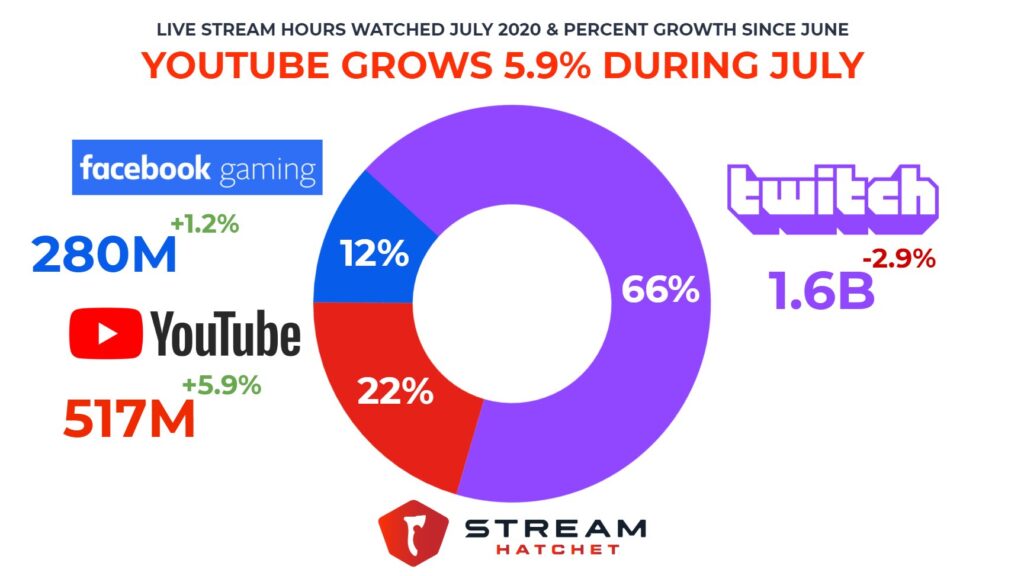
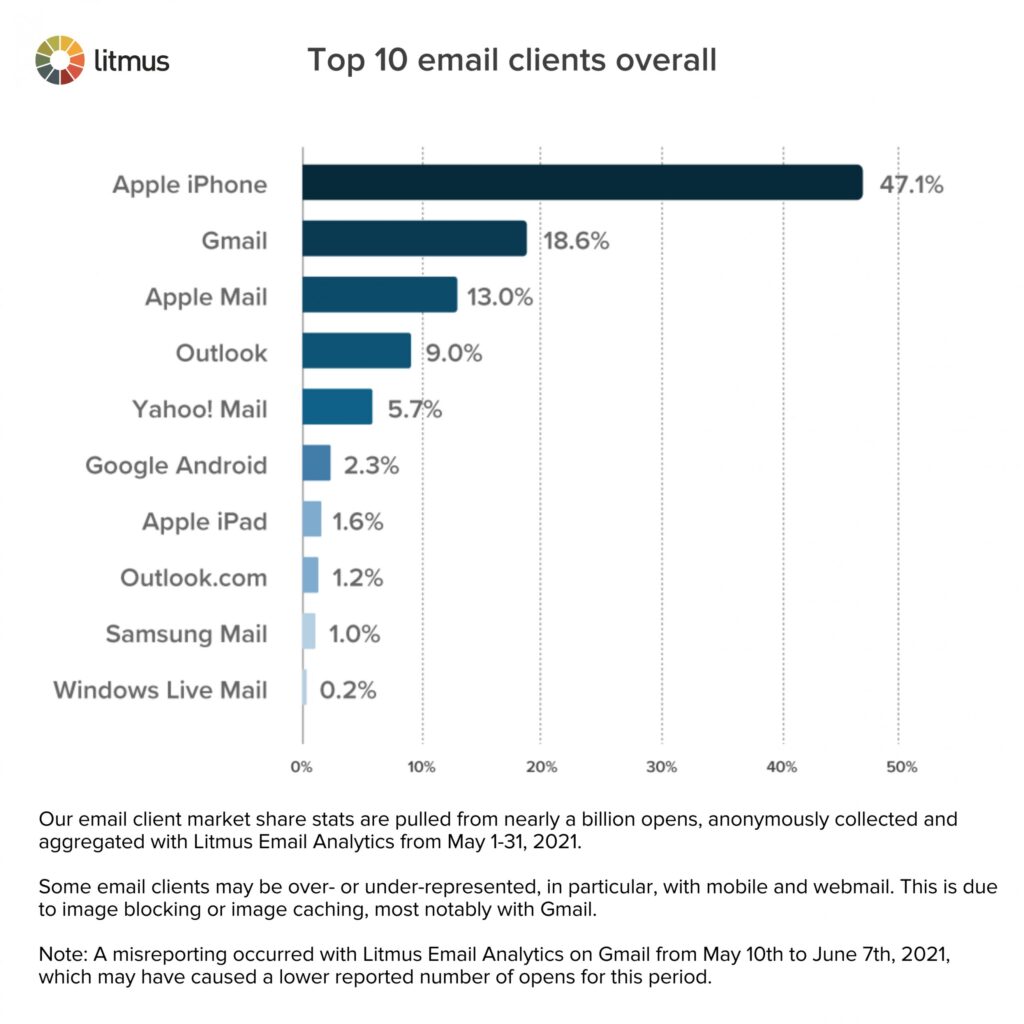
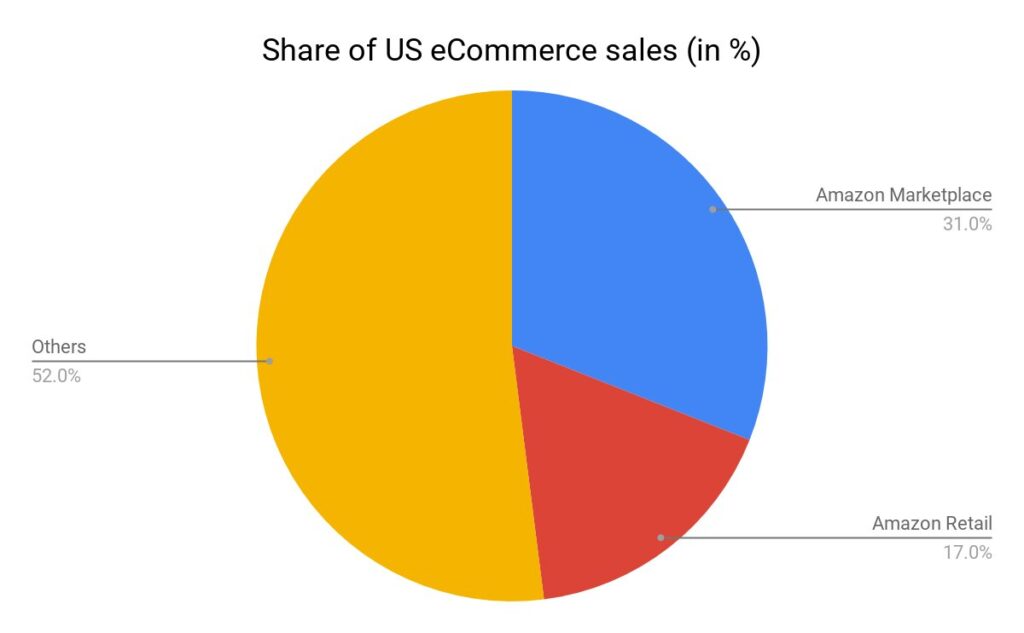
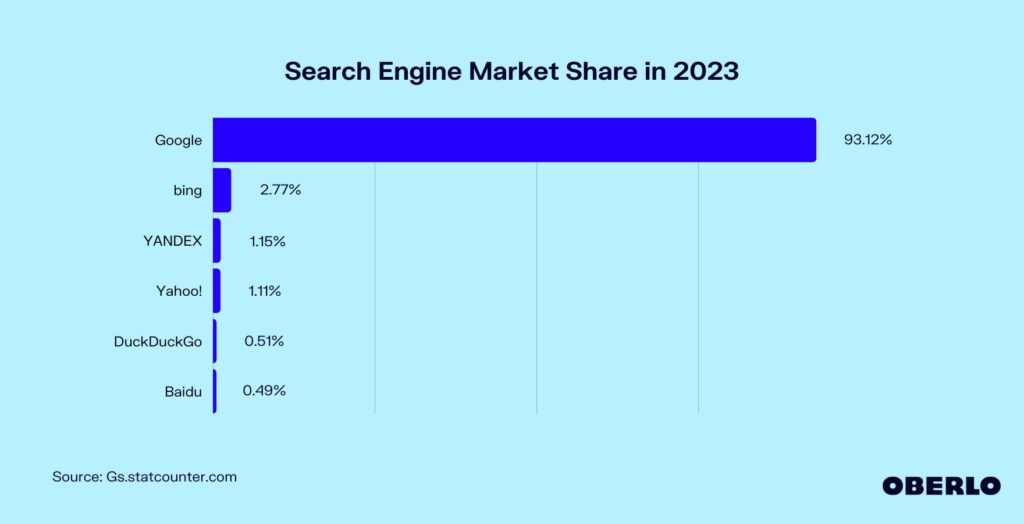
Nevertheless, there have been many attempts to half-ass technology and civilisation. When cities began to develop, and it became clear they were going to be the future powerhouses of modern economies, theorists attempted to create a ‘city of towns’ model.
Attempting to retain the virtues of small town and community living in a mass-scale settlement, they argued for a model of cities that could be made up of a collection of small towns. Inevitably, this failed.
The simple reason is that the utility of cities is scale. It is the access to the large labour pools that attracts businesses. If cities were to become collections of towns, there would be no functional difference in setting up a business in a city or a town, except perhaps the increased ground rent. The scale is the advantage.
This has been borne out mathematically. When things reach a certain scale, when they become networks of networks (the very thing you’re using, the internet, is one such example) they tend towards a winner-takes-all distribution.
Bowing out of the technological race to engage in some Luddite conquest of modernity, or to exact some grudge against the Enlightenment, is signalling to the world we have no interest in carving out our stake in the future. Any nation serious about competing in the modern world needs to understand the unique problems and advantages of scale, and address them.
Nowhere is this more strongly seen than in Amazon, arguably a company that deals with scale like no other. The sheer scale of co-ordination at a company like Amazon requires novel solutions which make Amazon competitive in a way other companies are not.
For example, Amazon currently owns the market on cloud services (one of the few places where a competitor is near the top, Amazon: 32%, Azure: 23%). Amazon provides data storage services in the cloud with its S3 service. Typically, data storage services have to handle peak times, when the majority of the users are online, or when a particularly onerous service dumps its data. However, Amazon services so many people – its peak demand is broadly flat. This allows Amazon to design its service around balancing a reasonably consistent load, and not handling peaks/troughs. The scale is the advantage.
Amazon warehouses do not have designated storage space, nor do they even have designated boxes for items. Everything is delivered and everything is distributed into boxes broadly at random, and tagged by machines so the machines know where to find it.
One would think this is a terrible way to organise a warehouse. You only know where things are when you go to look for them, how could this possibly be advantageous? The advantage is in the scale, size, and randomness of the whole affair. If things are stored on designated shelves, when those shelves are empty the space is wasted. If someone wants something from one designated shelf on one side of the warehouse, and something from another side of the factory, you waste time going from one side to the other. With randomness, you are more likely to have a desired item close by, as long as you know where that is, and with technology you do. Again, the scale is the advantage.
The chaos and incoherence of modern life, is not a bug but a feature. Just as the death of feudalism called humans to think beyond their glebe, Lord, and locality, the death of legacy media and old forms of communication call humans to think beyond the 9-5, elected representative, and favourite Marvel movie.
In 1999, one year after Amazon began selling music and videos, and two years after going public – Barron’s, a reputable financial magazine created by Dow Jones & Company posted the following cover:
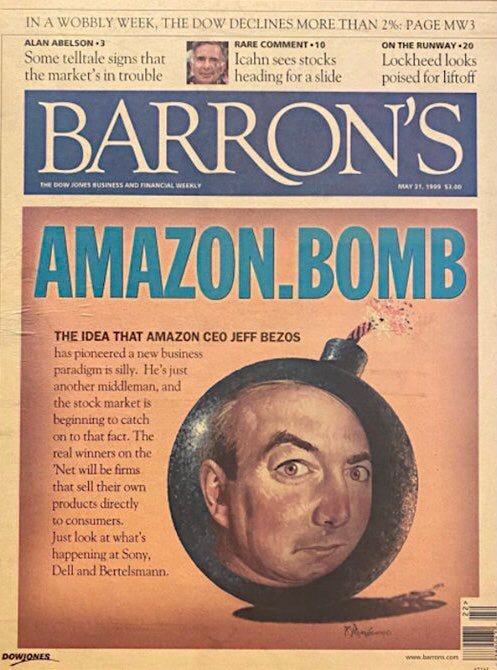
Remember, Barron’s is published by Dow Jones, the same people who run stock indices. If anyone is open to new markets, it’s them. Even they were outmanoeuvred by new technologies because they failed to understand what technophobes always do: scale is the advantage. People will not want to buy from 5 different retailers because they want to buy everything all at once.
Whereas Barron’s could be forgiven for not understanding a new, emerging market such as eCommerce, there should be no sympathy for those who spend most of their lives online decrying growth. Especially as they occupy a place on the largest public square to ever occur in human existence.
Despite claiming they want a small-scale existence, their revealed preference is the same as ours: scale, growth, and the convenience it provides. When faced with a choice between civilisation in the form of technology, and leaving Twitter a lifestyle closer to that of the past, even technology’s biggest enemies choose civilisation.



